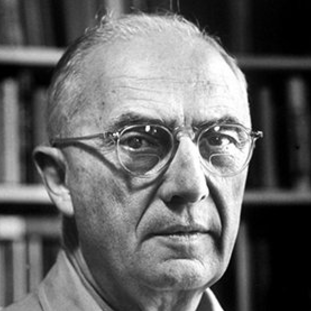I have eaten
the plums
that were in
the icebox
and which
you were probably
saving
for breakfast
Forgive me
they were delicious
so sweet
and so cold
Published:
1934
Length:
Shorty
Literary Movements:
Modernism
Anthology Years:
2022
2024
Themes:
Food
Poems of the Everyday
Literary Devices:
Apostrophe
an exclamatory passage in a speech or poem addressed to a person (typically one who is dead or absent) or thing (typically one that is personified)
Bleeding Title
when the title of a poem acts as the first line
Enjambment
a line break interrupting the middle of a phrase which continues on to the next line
Sensory Detail
words used to invoke the five senses (vision, hearing, taste, touch, smell)

